21 GPTs for Statutory Interpretation Powered by AI for Free of 2026
AI GPTs for Statutory Interpretation are advanced tools designed to assist in understanding, analyzing, and interpreting legal statutes. Leveraging the capabilities of Generative Pre-trained Transformers (GPTs), these AI tools offer tailored solutions to dissect and comprehend the complex language of legal documents. By integrating natural language processing, these GPTs can parse through legal texts, identify relevant legal principles, and provide interpretations that are accessible to both legal professionals and those without a background in law. Their role is pivotal in simplifying the process of statutory interpretation, making legal texts more understandable and accessible.
Top 10 GPTs for Statutory Interpretation are: Super Legal Writer,UK Law,Australian Law School Super GPT,Legal Writing Innovator,Legal eagle,Data Hermit - AI Legal Assistant,⚖️ Jurisprudence Buddy GPT ⚖️,Ask a BC Assessment Appeals Expert,Anschutz Law,lawme
Super Legal Writer
Enhancing Legal Expertise with AI Power

UK Law
AI-powered UK Law Exploration

Australian Law School Super GPT
AI-Powered Legal Analysis for Law Students

Legal Writing Innovator
Empowering Legal Minds with AI Innovation

Legal eagle
AI-Powered Legal Insight at Your Fingertips

Data Hermit - AI Legal Assistant
Your AI-Powered Legal Expert
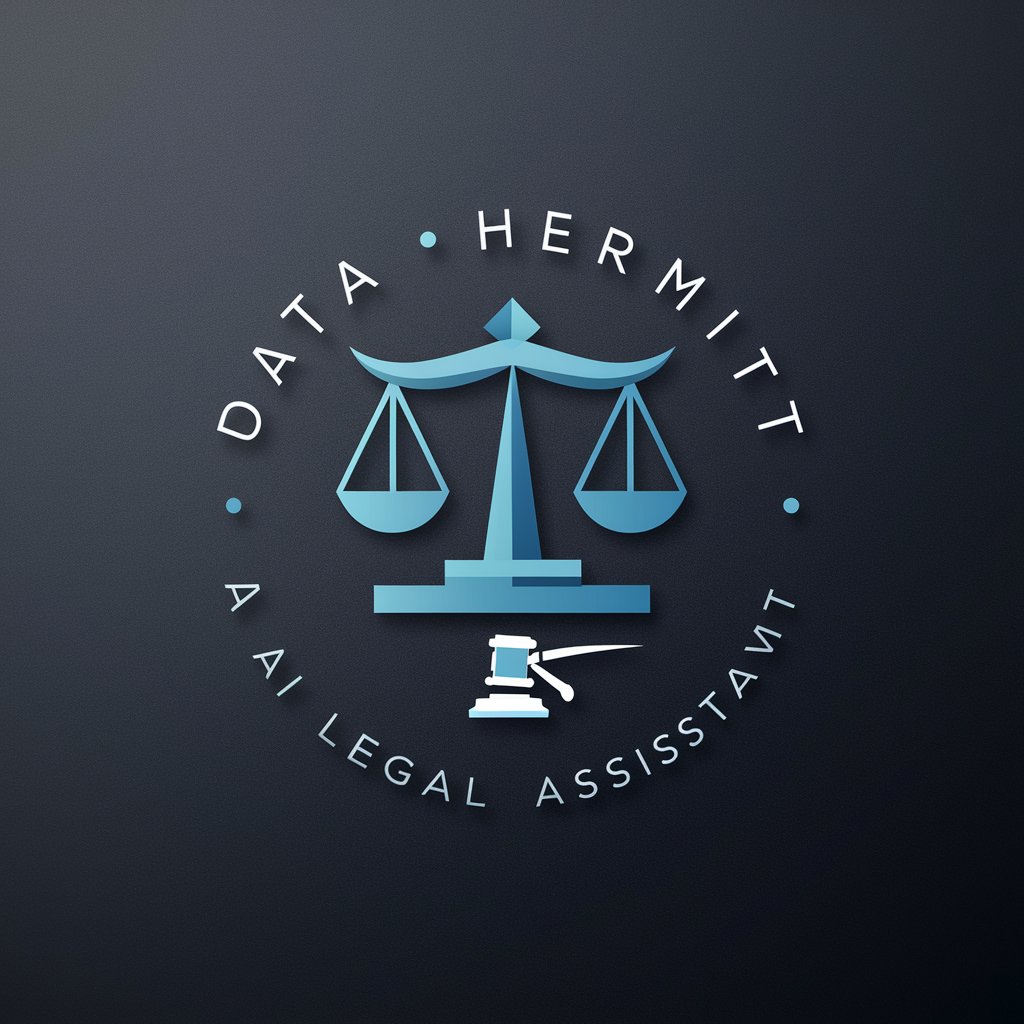
⚖️ Jurisprudence Buddy GPT ⚖️
Empowering legal understanding with AI
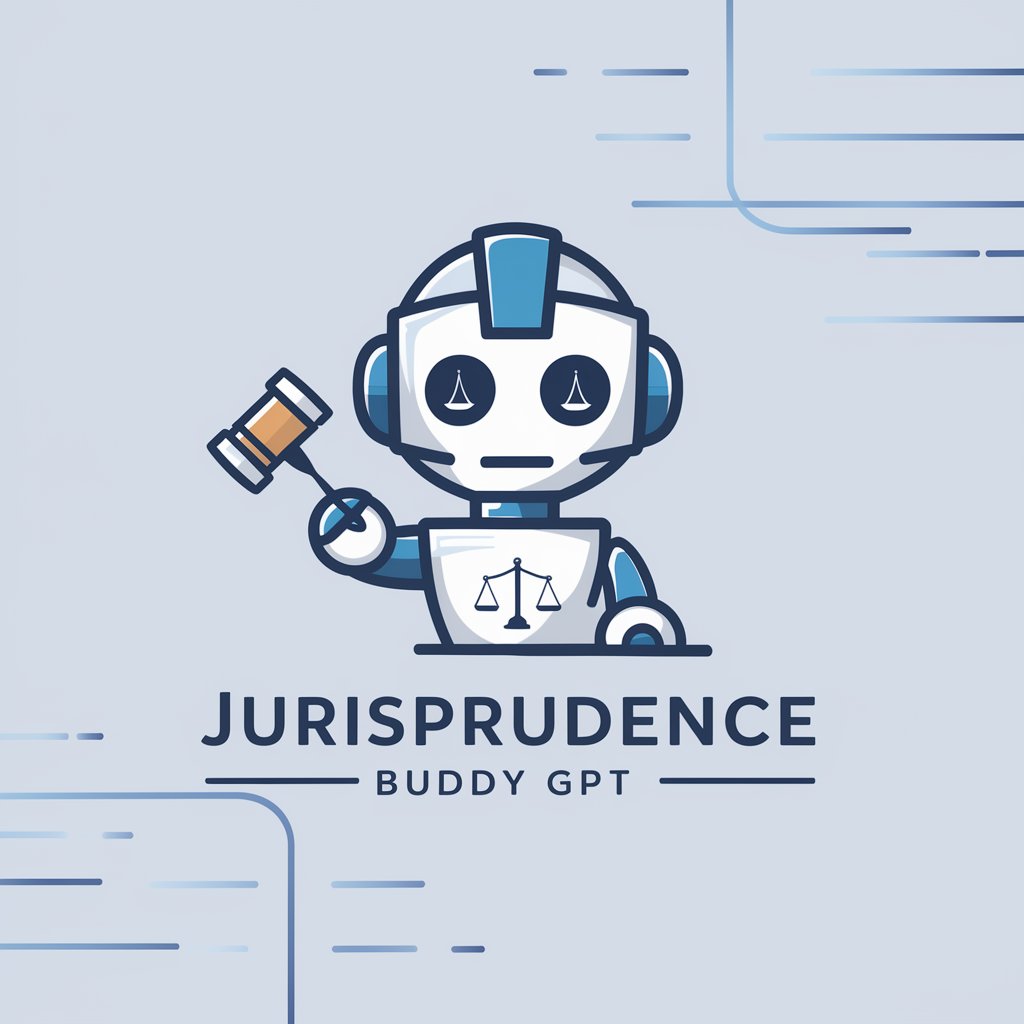
Ask a BC Assessment Appeals Expert
AI-Powered Expertise for Property Assessment Appeals

Anschutz Law
AI-powered German Legal Guide

lawme
Empowering legal research with AI
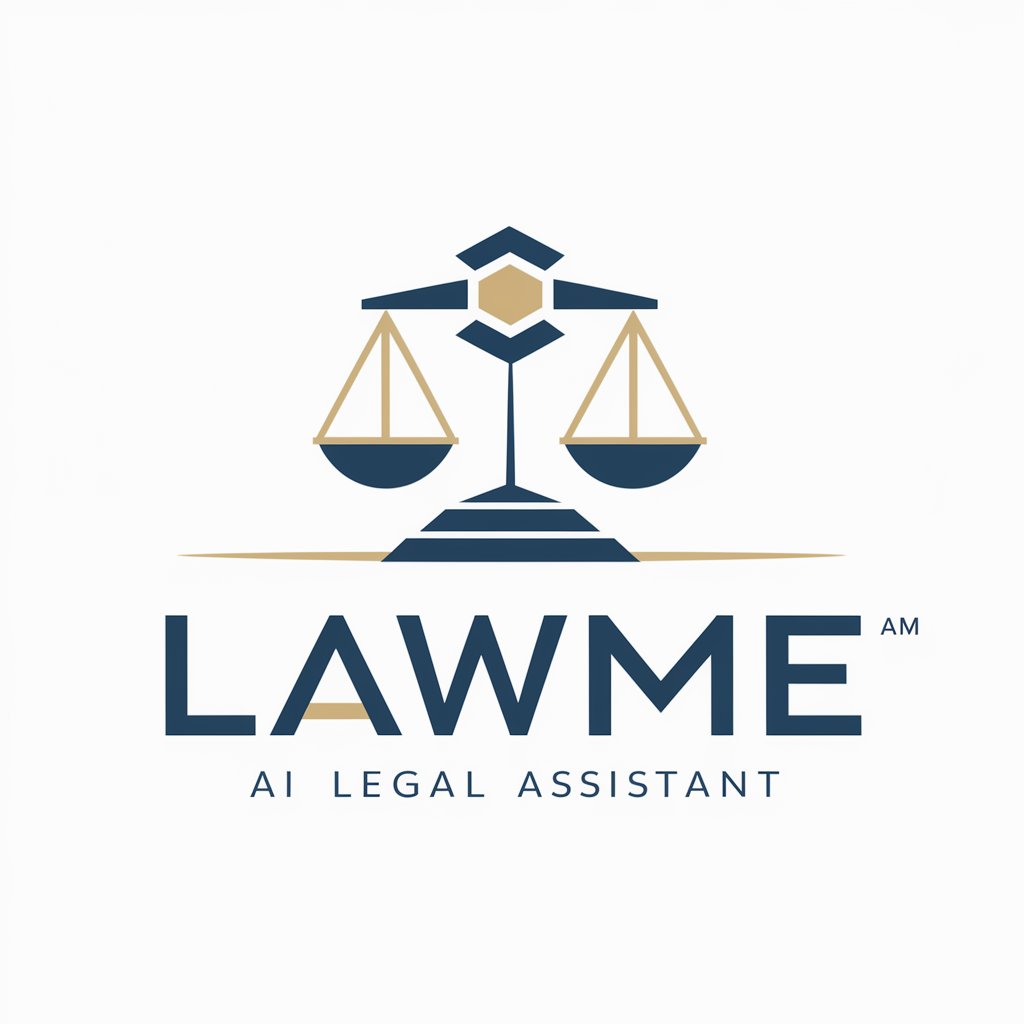
Lone Star Legal Advisor
AI-powered Texas Family Law Expertise

Legal Education in the Digital Age
Empowering Legal Education with AI

Brazilian Civil Law Expert
Navigating Brazilian Law with AI Precision

"Avocat - Mwanasheria"
Empowering legal decisions with AI

Data Meister: For Decision-Making Trees in Law
AI-powered legal strategy and analysis

Retelling Holy Trinity
Exploring the bounds of judicial interpretation.
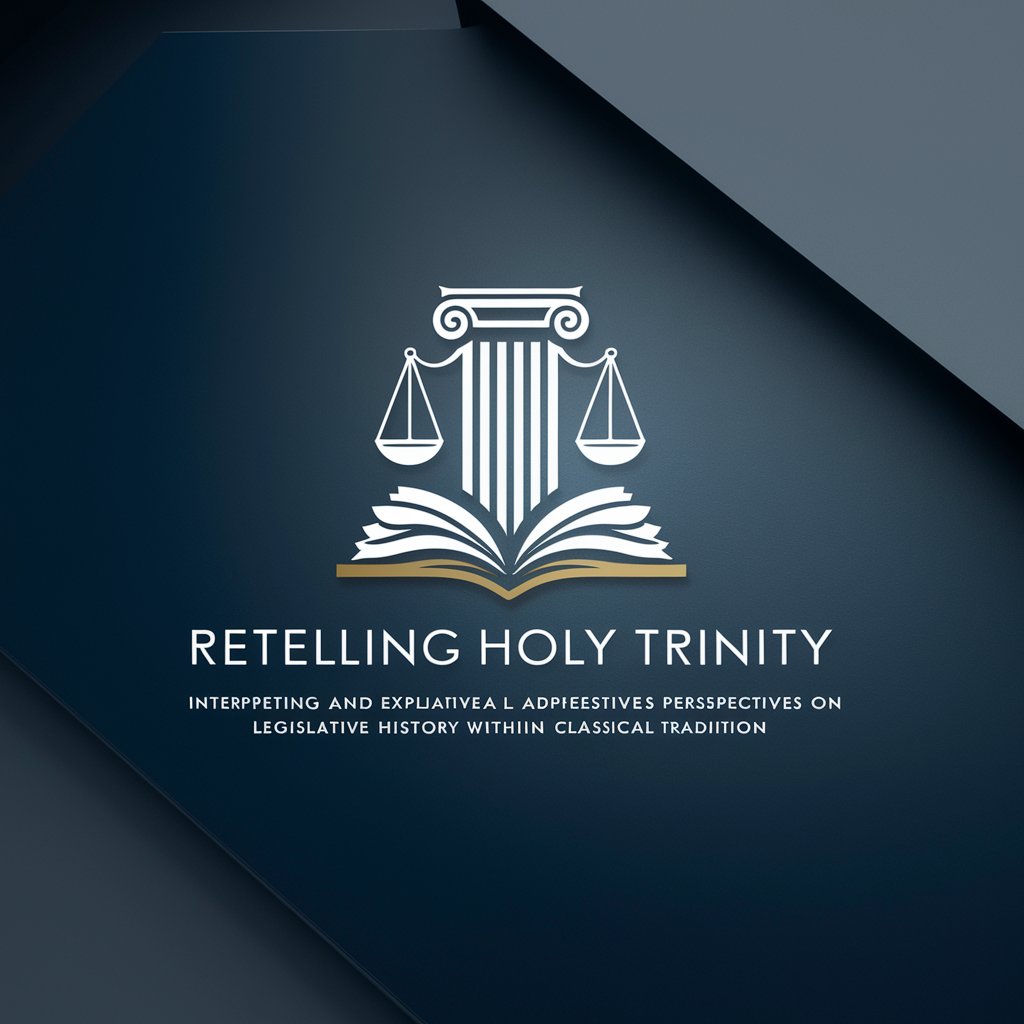
Law AI
Empowering legal understanding with AI
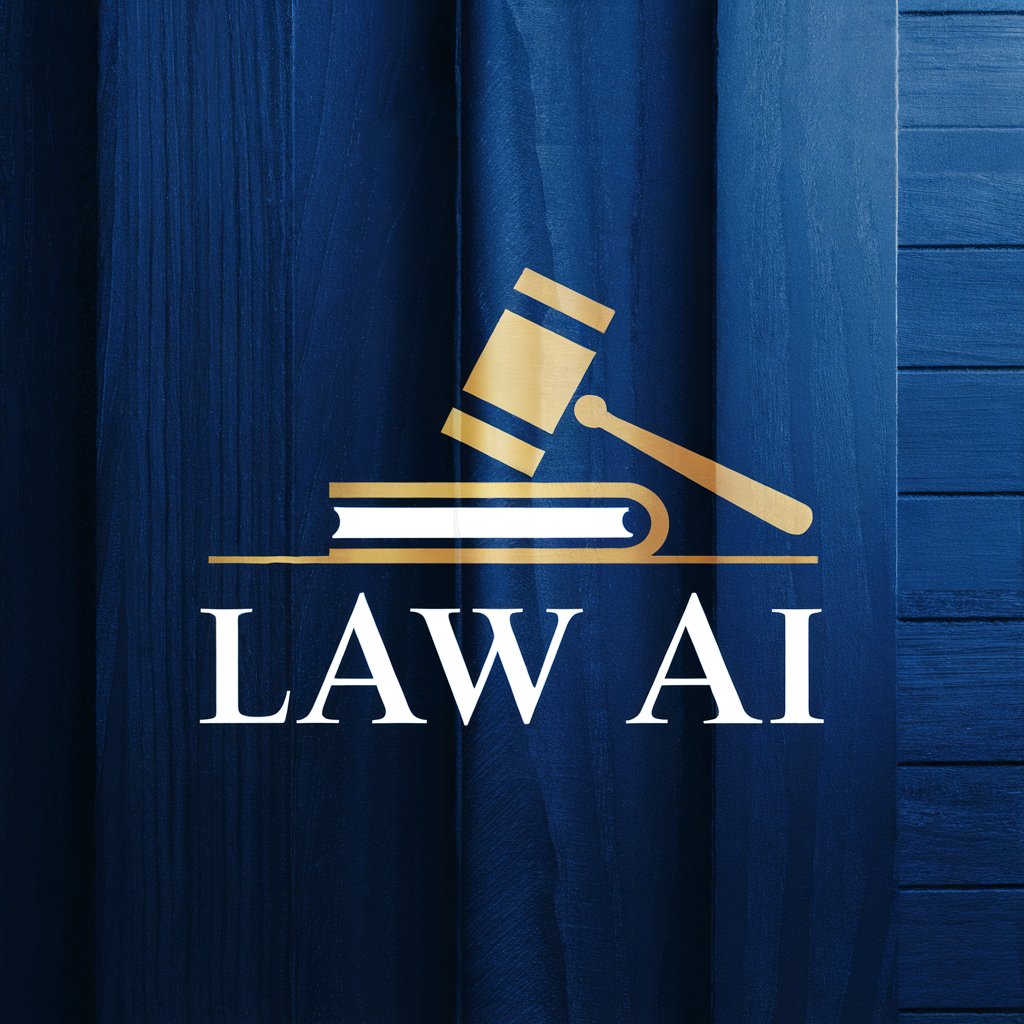
📚⚖️ Legal Eagle Researcher GPT
AI-powered legal research at your fingertips.

The Solve
Your AI-powered Korean Legal Companion

Alex Stain
Decoding Law with AI-Powered Insights
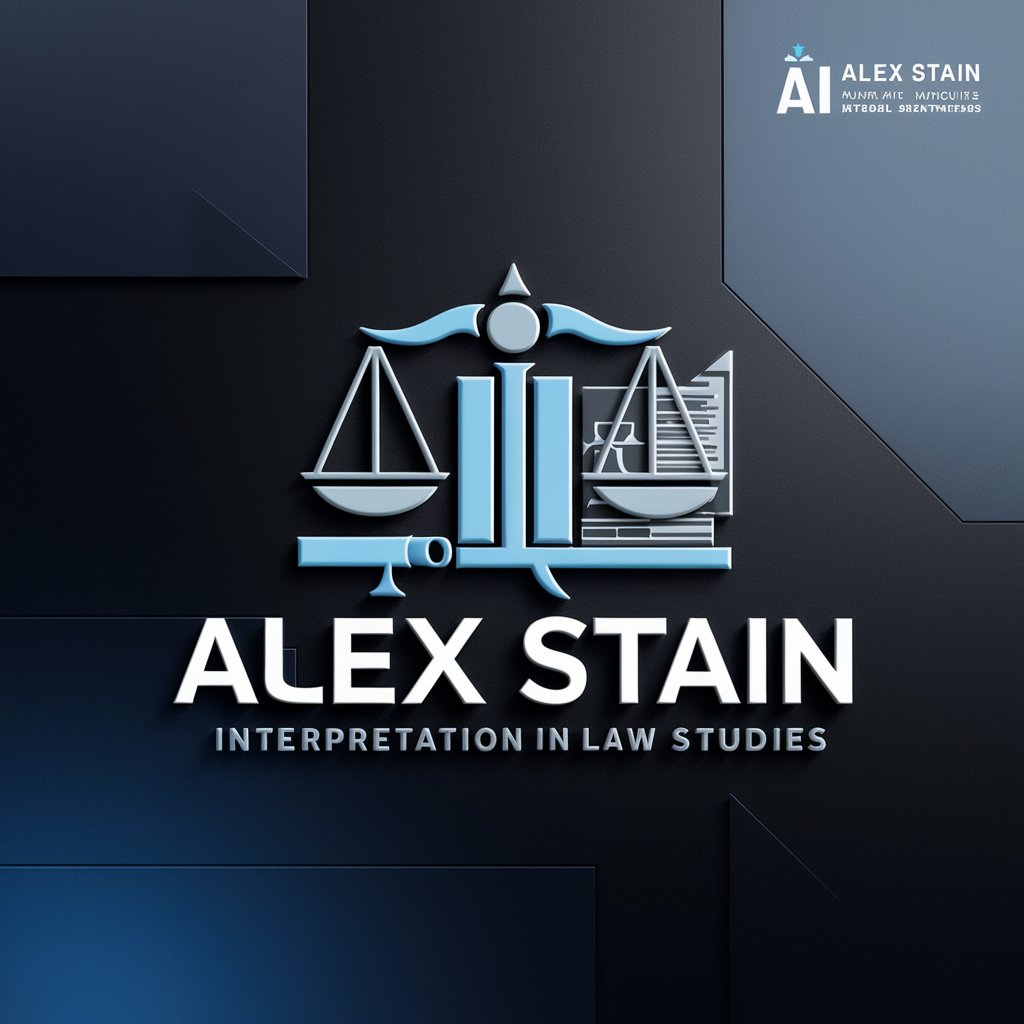
Consultor Jurídico Bolivia
Bolivian legal insights, AI-powered

Key Attributes of Statutory Interpretation AI
AI GPTs tools for Statutory Interpretation boast a range of unique characteristics and capabilities, including high adaptability to various complexity levels within legal texts. Key features include advanced language learning for comprehending legal terminology, technical support for legal analysis, web searching capabilities for referencing related statutes and cases, image creation for visualizing legal concepts, and data analysis for predicting legal outcomes. These features collectively enhance the tool's ability to provide comprehensive support in legal interpretation tasks.
Who Benefits from Legal Interpretation AI?
The primary users of AI GPTs for Statutory Interpretation encompass a broad spectrum, including legal novices seeking to understand legal documents, developers creating legal tech applications, and professionals within the legal field such as lawyers, paralegals, and legal scholars. These tools are designed to be user-friendly for those without coding skills, while also offering advanced customization options for tech-savvy individuals, thus broadening their accessibility and utility in the legal sector.
Try Our other AI GPTs tools for Free
Summarization
Discover AI GPTs for Summarization: cutting-edge tools designed to quickly and accurately condense extensive texts into concise summaries, facilitating better understanding and decision-making.
Academic Clarification
Explore AI GPTs for Academic Clarification: advanced AI tools designed to simplify complex academic concepts, enhance learning, and support education at all levels.
Investment Appraisal
Discover how AI GPTs revolutionize Investment Appraisal with predictive analytics and tailored financial insights, making complex decision-making simpler and more accurate.
Personalized Job Search
Explore AI-powered job search solutions with our AI GPTs. Tailored advice, resume optimization, and interview prep at your fingertips for an effective, personalized job-seeking journey.
Sarcastic Conversation
Discover AI GPT tools specialized in Sarcastic Conversation, designed to understand and generate witty, sarcastic remarks for enhanced interactions and analysis.
Speculative Analysis
Explore the future with AI GPTs for Speculative Analysis, advanced tools designed for strategic forecasting, market analysis, and exploring potential scenarios with ease and precision.
Expanding the Horizons of Legal Interpretation
AI GPTs for Statutory Interpretation not only simplify the understanding of legal documents but also offer potential for integration with existing legal research workflows and systems. Their user-friendly interfaces facilitate broader access to legal information, democratizing legal knowledge and supporting informed decision-making in various sectors.
Frequently Asked Questions
What exactly are AI GPTs for Statutory Interpretation?
AI GPTs for Statutory Interpretation are specialized AI tools designed to assist in the analysis and interpretation of legal statutes using natural language processing and machine learning technologies.
How do these tools interpret legal statutes?
These tools analyze the text of legal statutes using algorithms trained on vast amounts of legal documents, identifying key terms, principles, and contexts to provide accurate interpretations.
Can non-lawyers use these tools effectively?
Yes, these tools are designed to be accessible to non-lawyers, providing clear explanations and interpretations of legal texts to make them understandable to a wider audience.
Are there customization options for developers?
Yes, developers can access APIs and programming interfaces to customize and integrate the tools into legal tech applications, enhancing their functionality.
How accurate are the interpretations provided by these tools?
While highly accurate, interpretations should be reviewed by legal professionals, as the context and nuances of legal texts can affect their accuracy.
Can these tools reference related legal cases and statutes?
Yes, many of these tools include web searching capabilities to reference and cite related legal cases and statutes, enriching the interpretation process.
Do these tools require internet access to function?
While many features are accessible offline, certain capabilities like web searching for related statutes and cases require internet access.
How do these tools stay updated with new laws and statutes?
These tools frequently update their databases and algorithms to incorporate new laws and legal interpretations, ensuring they remain current and relevant.